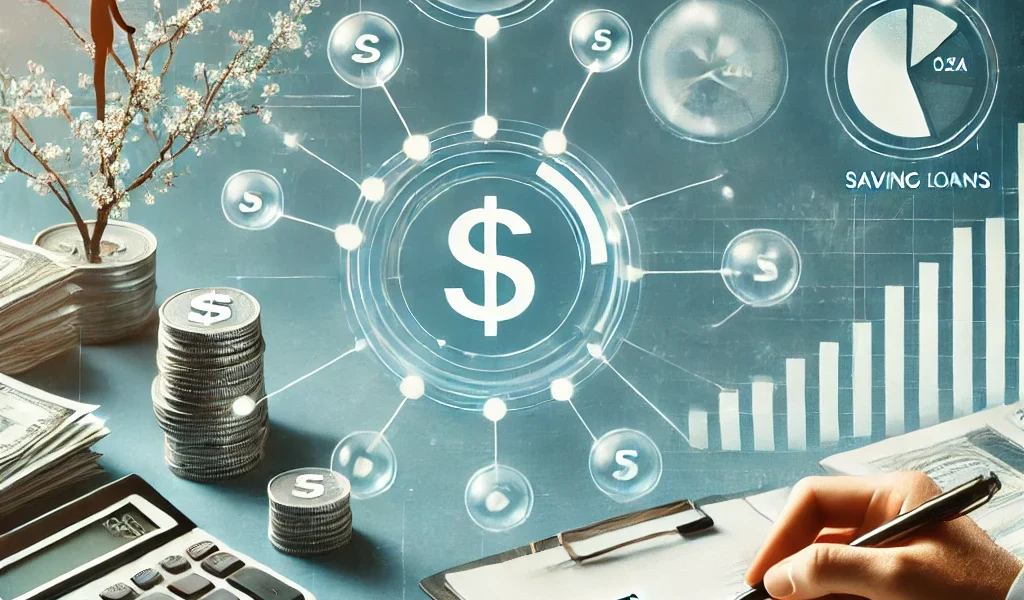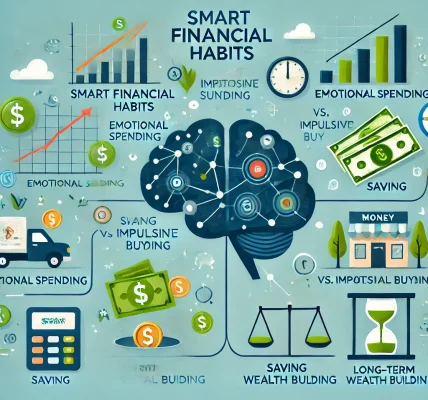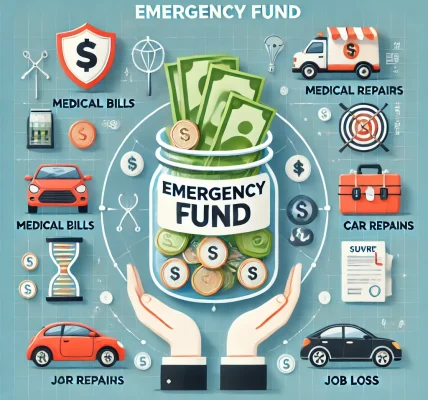Introduction
Debt can be a significant burden, affecting financial stability and peace of mind. However, with the right strategies, you can pay off your loans faster and save money in the process. This article will explore effective debt management techniques to help you regain control of your finances and achieve financial freedom sooner.
1. Understanding Your Debt
Before creating a repayment strategy, it is crucial to understand the details of your outstanding loans. Key factors to consider include:
- Total Debt Amount: Sum of all loans, including credit cards, personal loans, mortgages, and student loans.
- Interest Rates: Higher interest rates cost more over time, so prioritize paying off high-interest debt first.
- Minimum Payments: Ensure you make at least the minimum payments to avoid penalties and damage to your credit score.
- Loan Terms: Understand repayment periods and any prepayment penalties.
2. Create a Realistic Debt Repayment Plan
A structured repayment plan helps you stay on track. Here are two widely used strategies:
a. Debt Snowball Method
This method focuses on paying off the smallest debt first while making minimum payments on larger debts. Once the smallest debt is cleared, move to the next smallest, and so on. This method provides psychological motivation as you see progress quickly.
b. Debt Avalanche Method
Prioritize paying off debts with the highest interest rates first while making minimum payments on others. This method minimizes the total interest paid over time, saving you more money.
3. Budgeting for Faster Debt Repayment
A well-planned budget can help allocate more funds toward debt repayment. Consider these steps:
- Track Your Expenses: Identify areas where you can cut unnecessary spending.
- Set Spending Limits: Stick to essential expenses and divert extra income toward debt repayment.
- Use the 50/30/20 Rule: Allocate 50% of income to necessities, 30% to discretionary spending, and 20% to savings or debt repayment.
4. Increase Your Income to Pay Off Debt Faster
Boosting your income can accelerate debt repayment. Here are a few ways:
- Freelancing or Side Hustles: Take up freelance work, part-time jobs, or gig economy opportunities.
- Sell Unused Items: Declutter and sell items you no longer need.
- Ask for a Raise: Negotiate a salary increase or seek higher-paying job opportunities.
5. Consider Debt Consolidation or Refinancing
Debt consolidation and refinancing can simplify repayment and lower interest rates:
- Debt Consolidation Loan: Combines multiple debts into a single loan with a lower interest rate.
- Balance Transfer Credit Card: Transfers high-interest credit card debt to a card with a 0% introductory APR.
- Refinancing Loans: Lowers interest rates on student loans, mortgages, or personal loans.
6. Avoid Common Debt Traps
To stay debt-free, avoid these mistakes:
- Making Only Minimum Payments: This extends repayment periods and increases interest costs.
- Taking on New Debt While Paying Off Old Debt: Avoid unnecessary borrowing while trying to reduce debt.
- Ignoring Emergency Savings: Build a small emergency fund to avoid relying on credit cards for unexpected expenses.
7. Utilize Windfalls Wisely
Use unexpected income like tax refunds, bonuses, or gifts to make lump-sum debt payments rather than spending it on discretionary purchases.
8. Seek Professional Help if Needed
If you’re struggling with debt, consider consulting a financial advisor or credit counseling service for expert guidance on managing and reducing debt.
Conclusion
Paying off loans faster requires discipline, planning, and a strategic approach. By understanding your debt, using smart repayment methods, budgeting effectively, and avoiding new debt, you can take control of your financial future. Stay committed, and you will achieve financial freedom sooner than you think!




